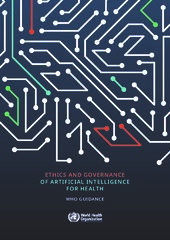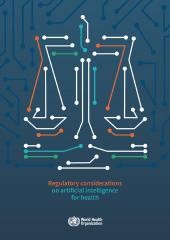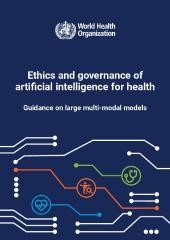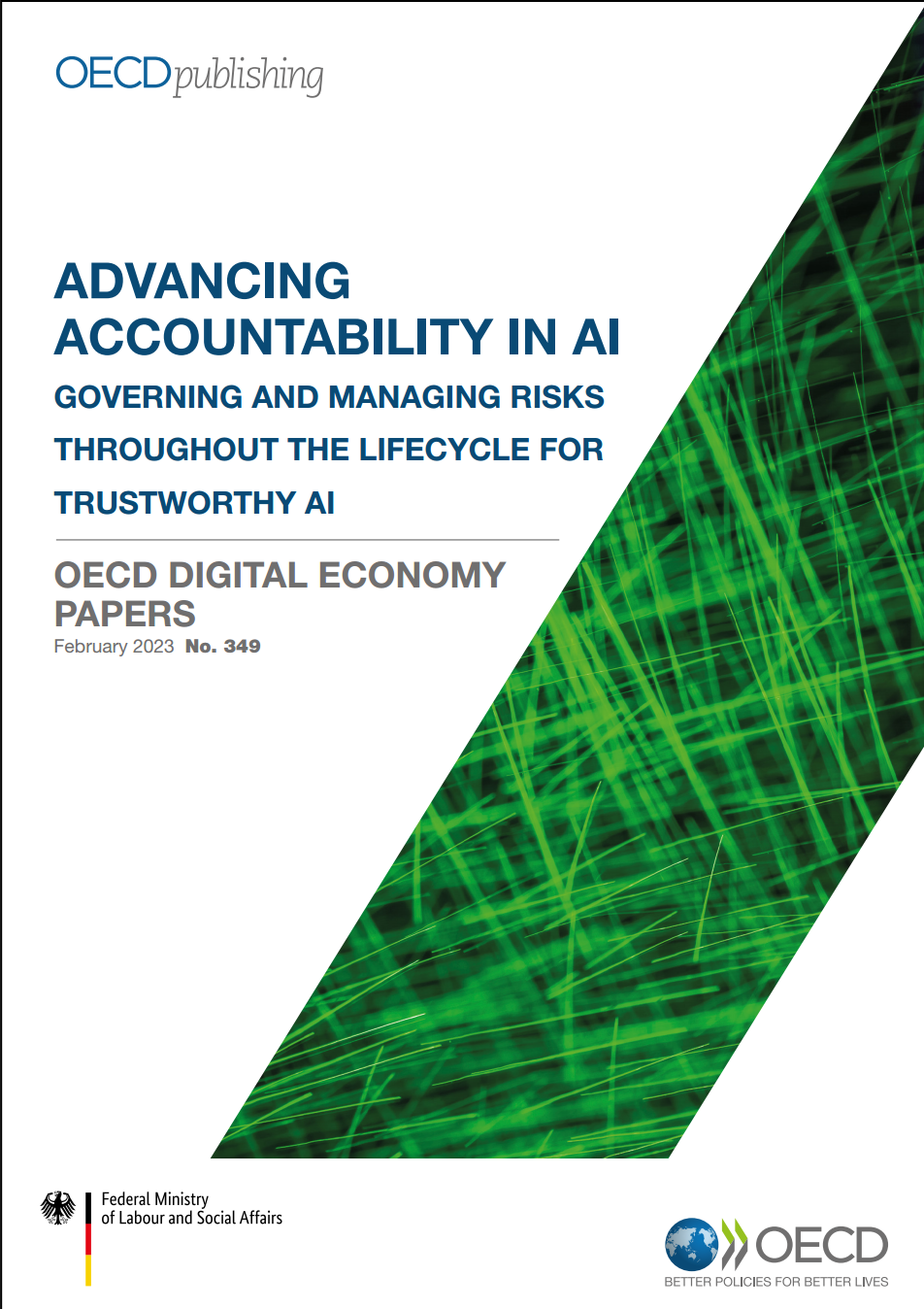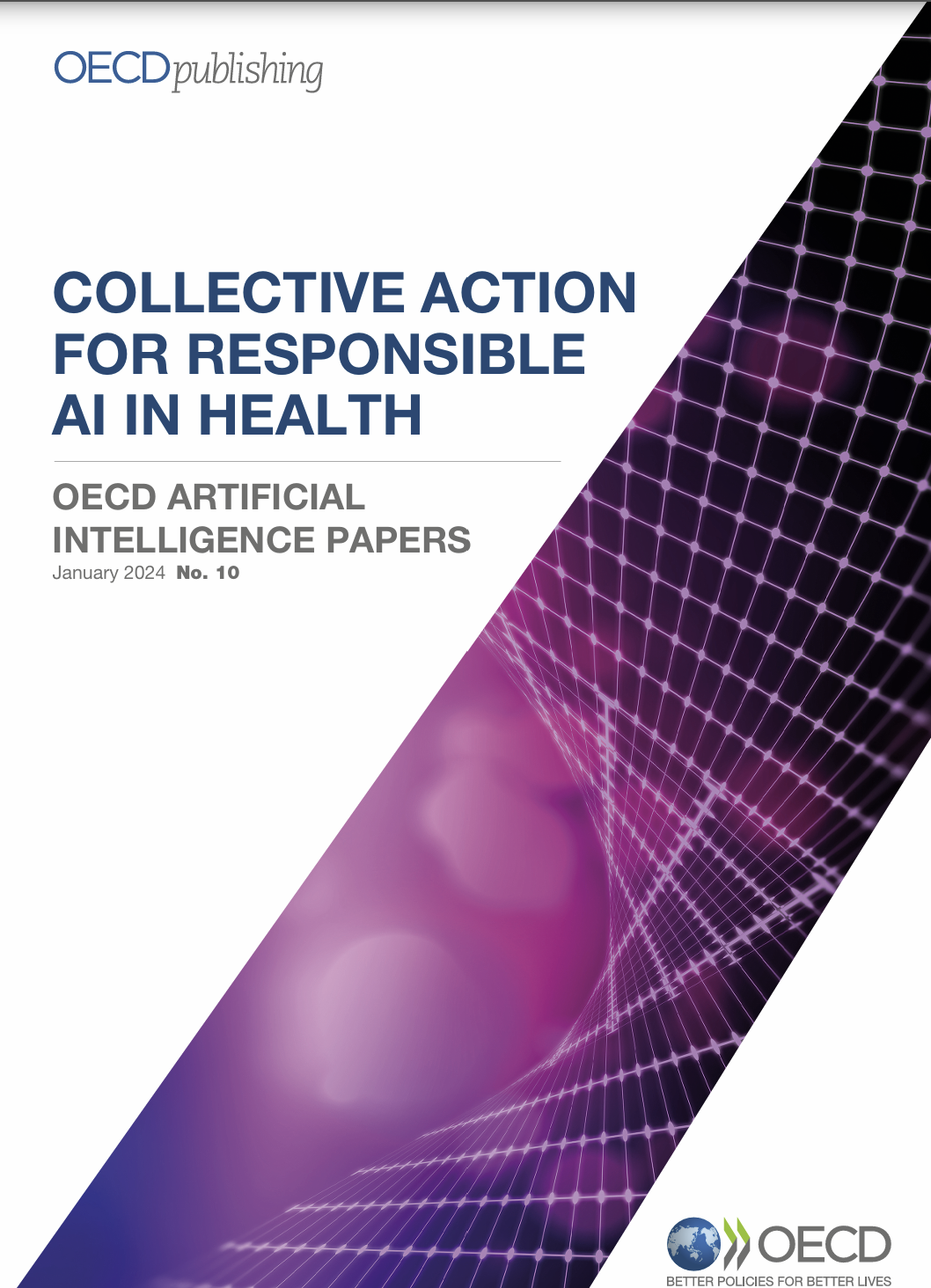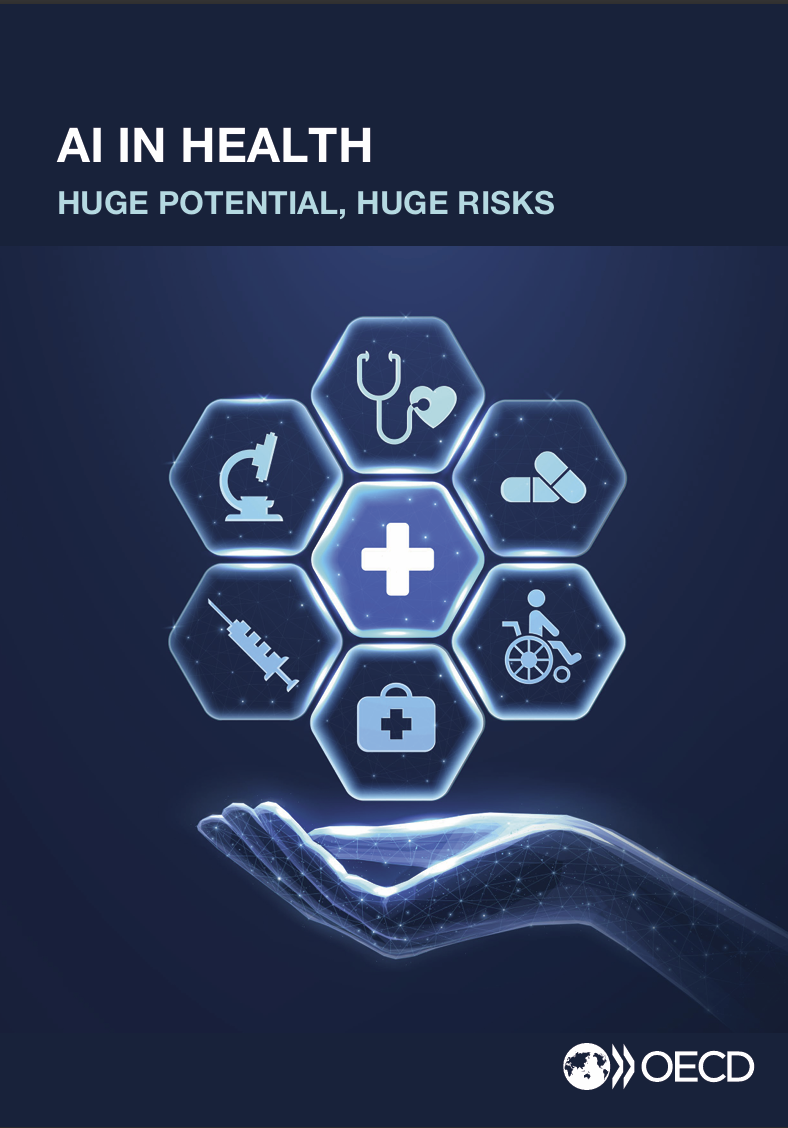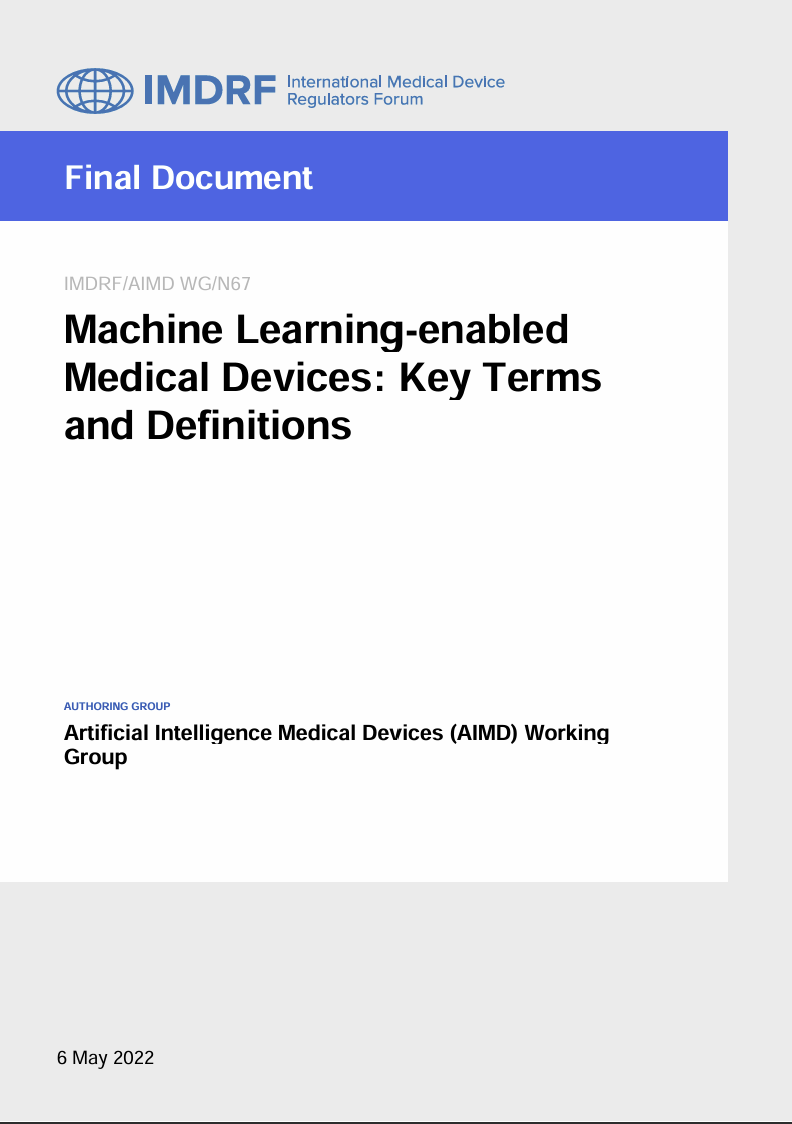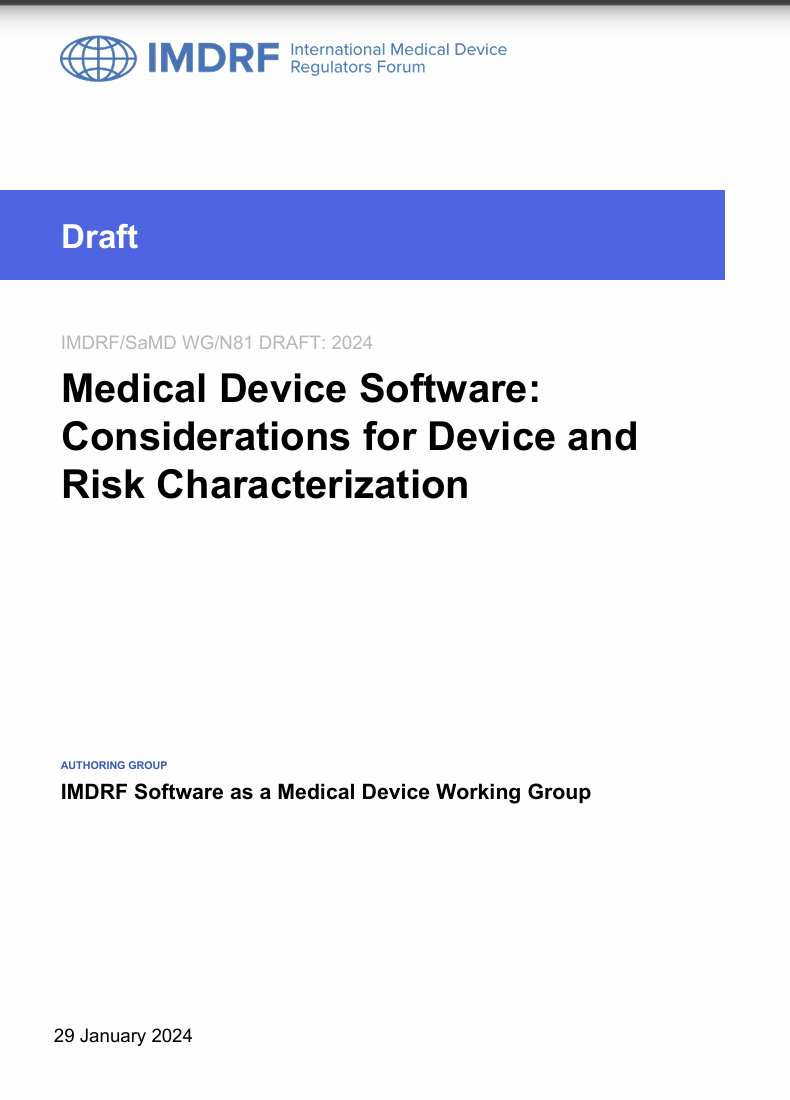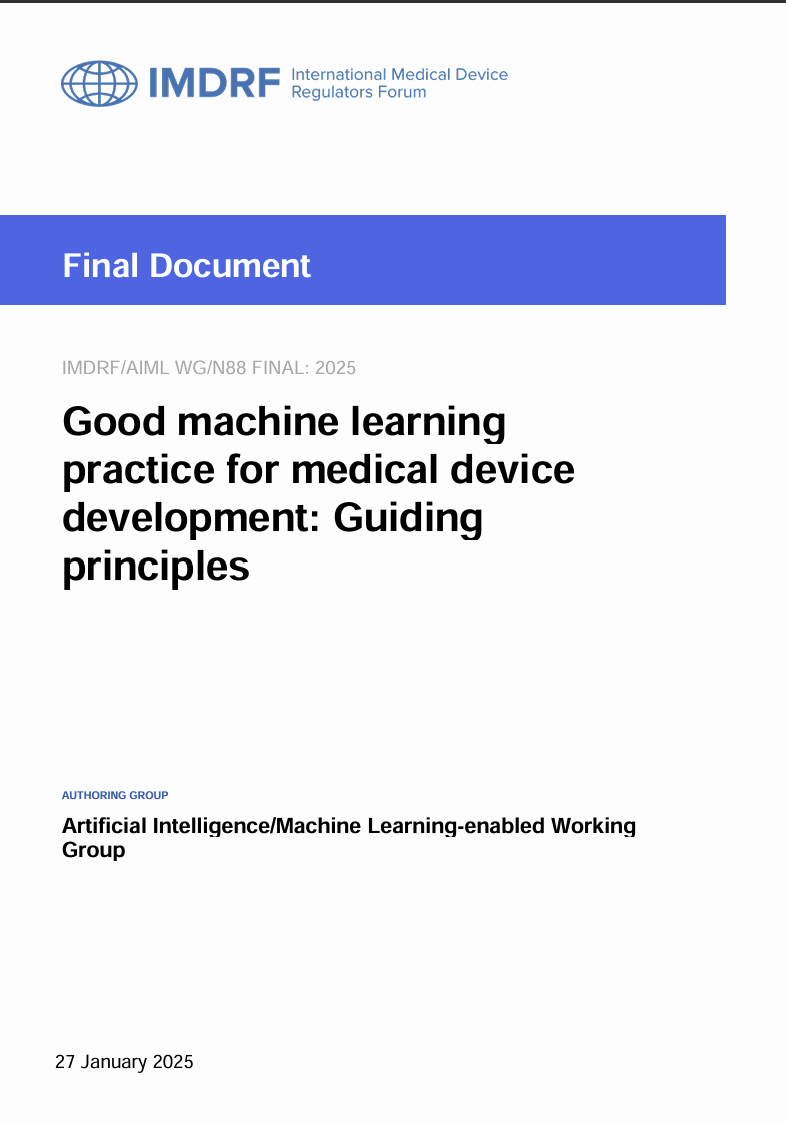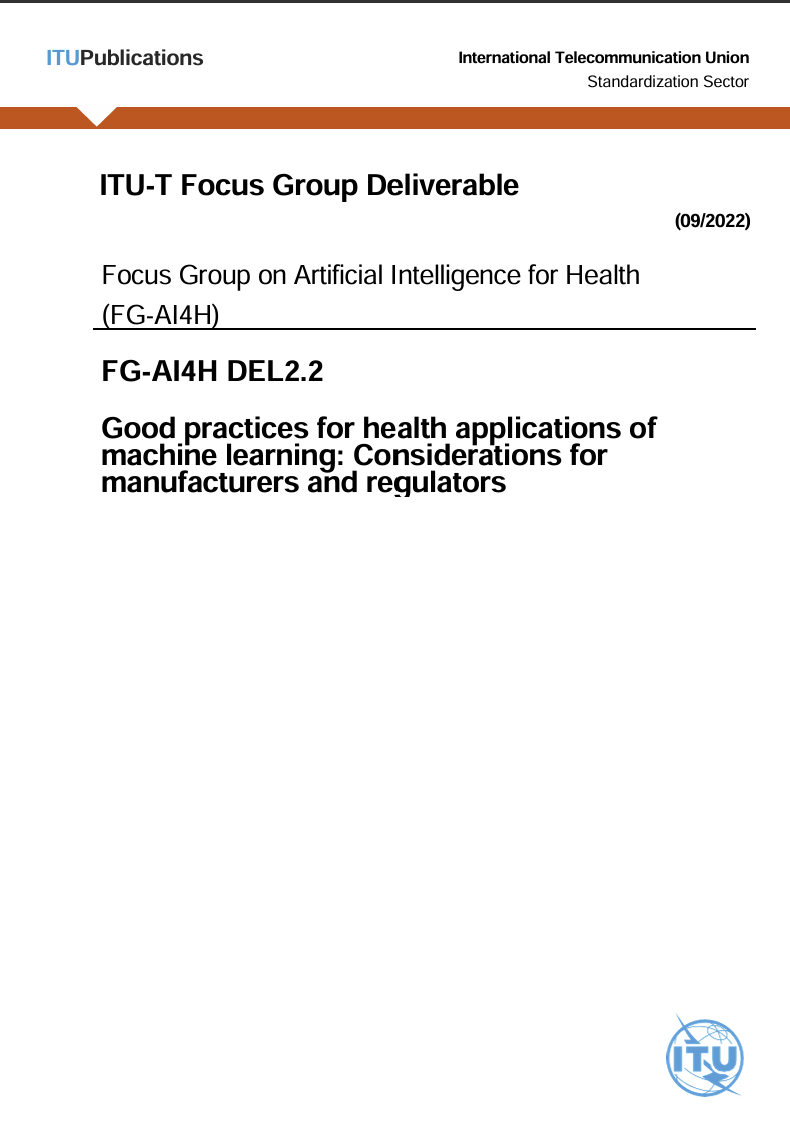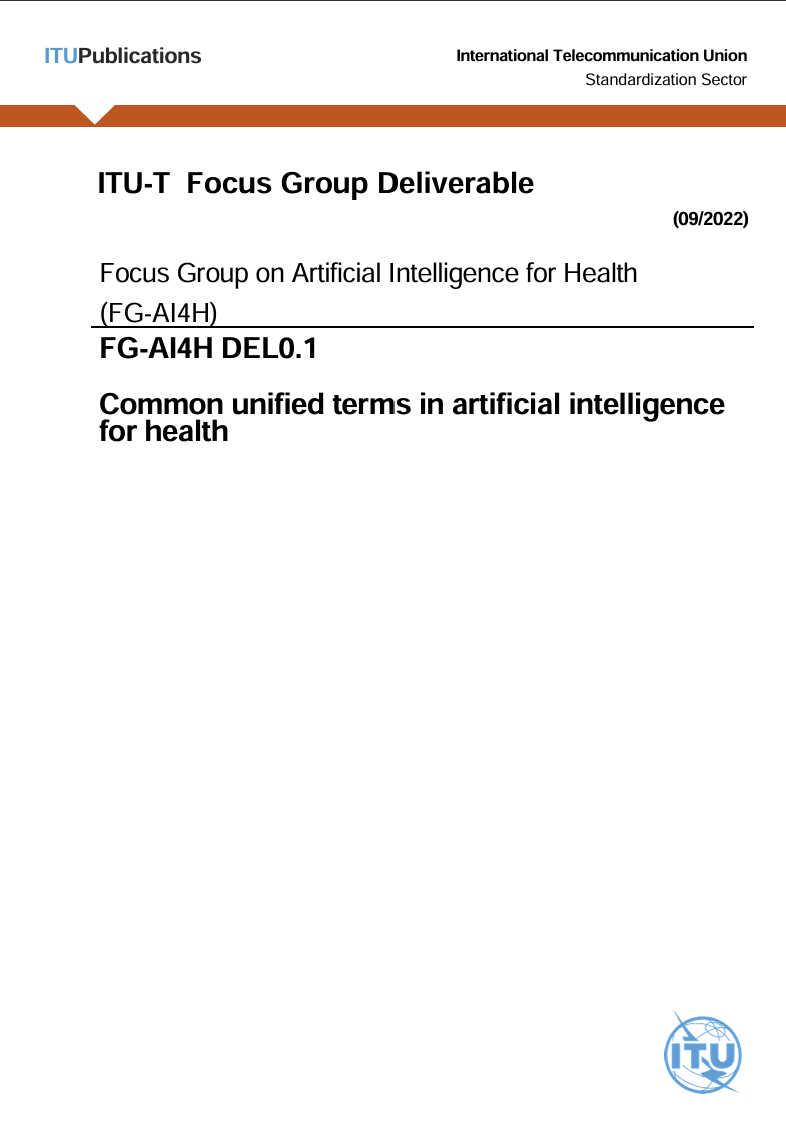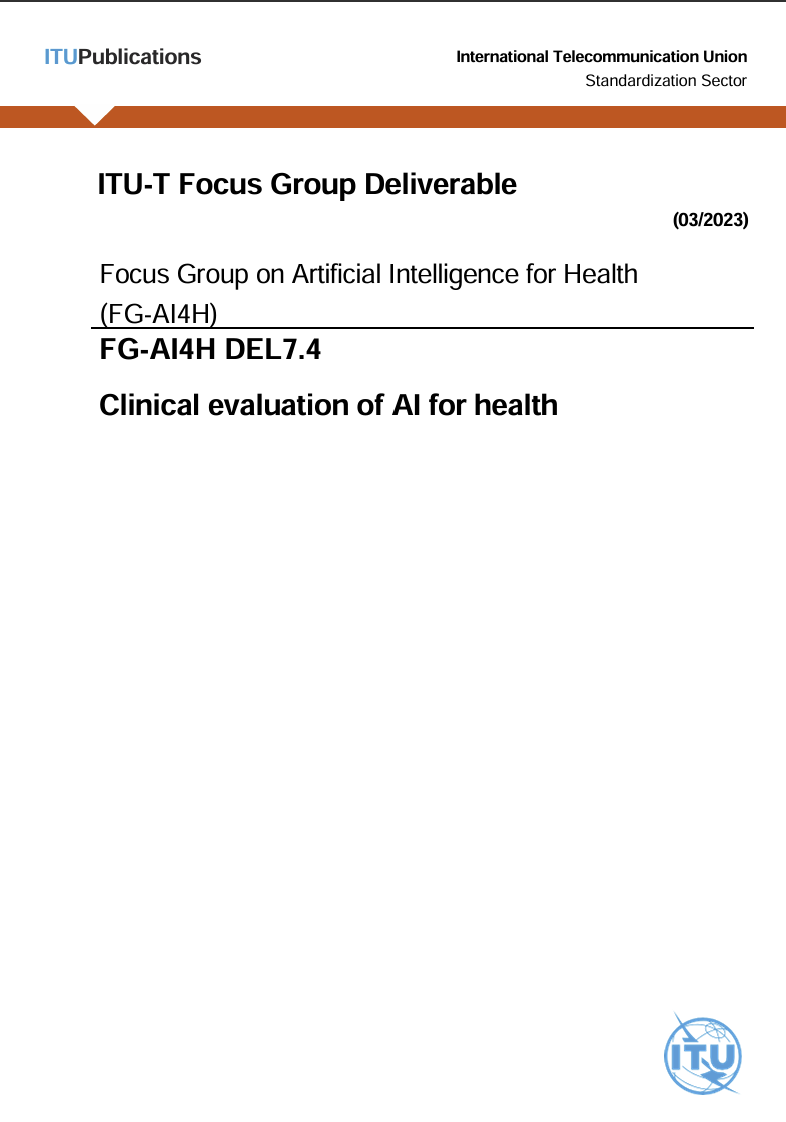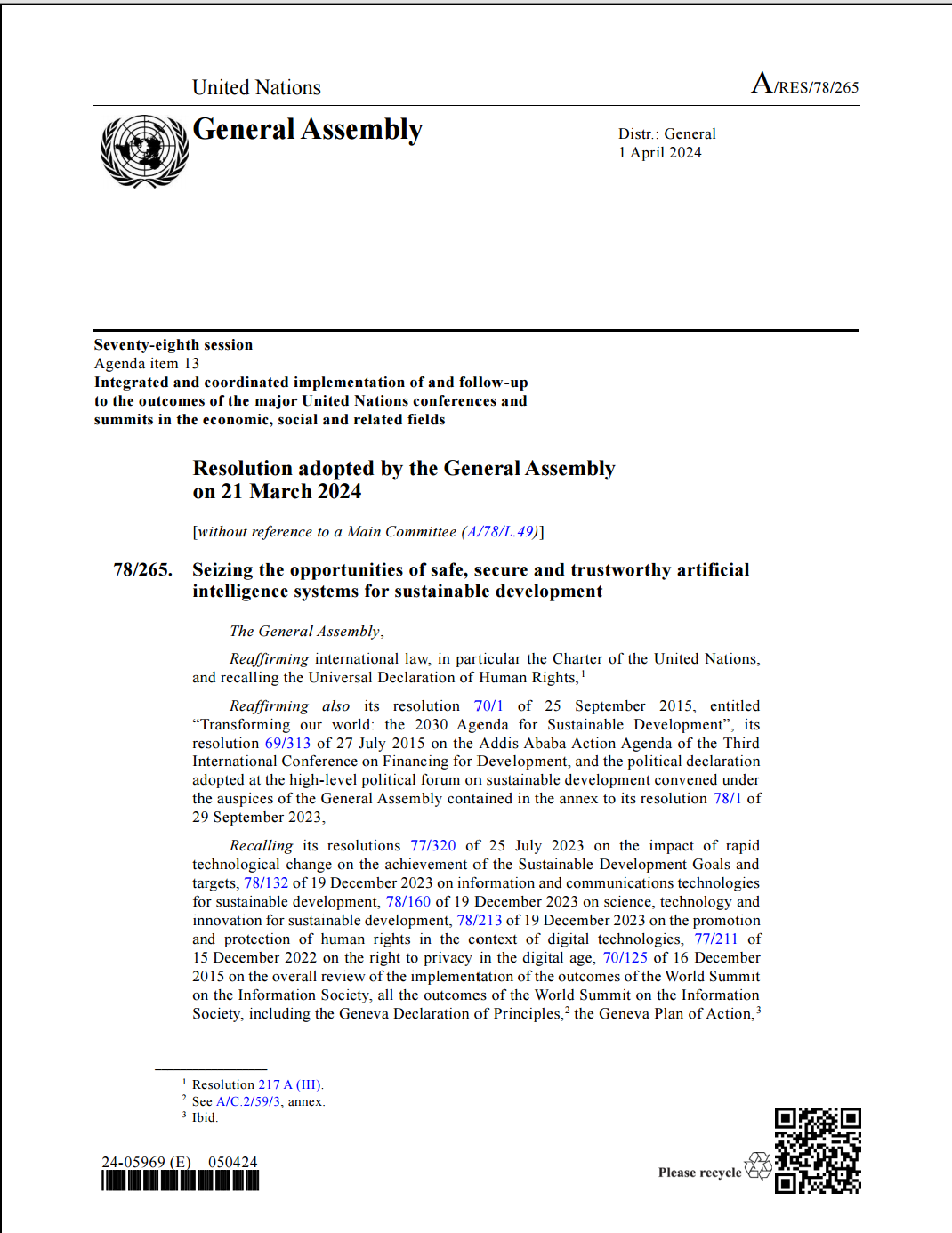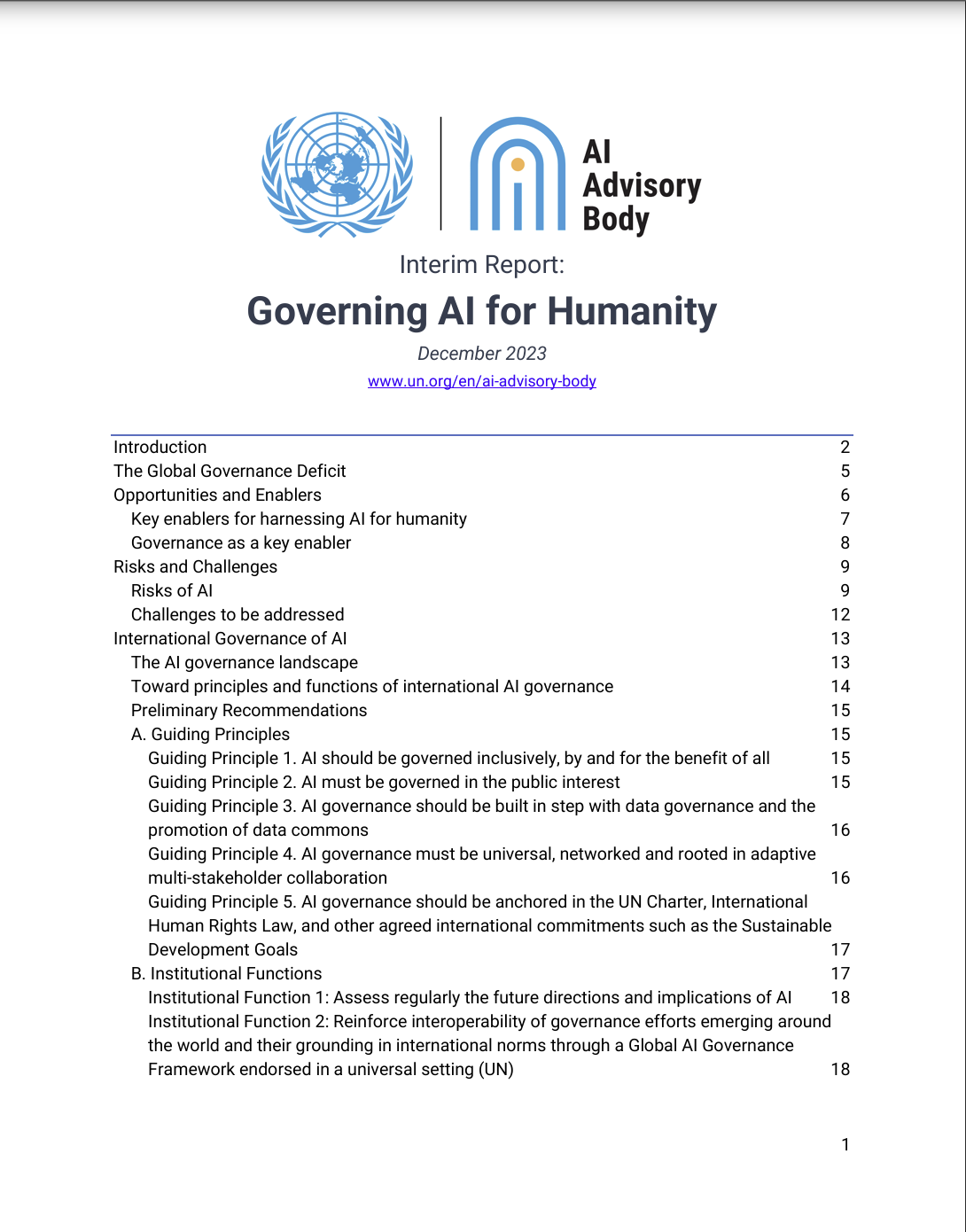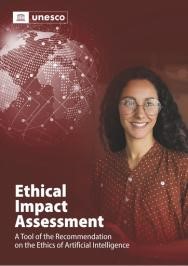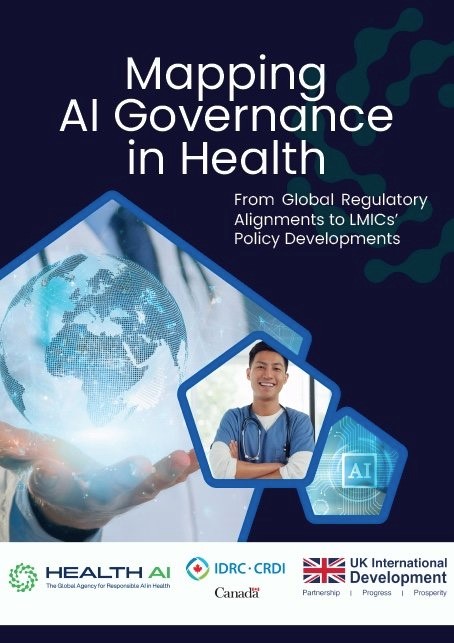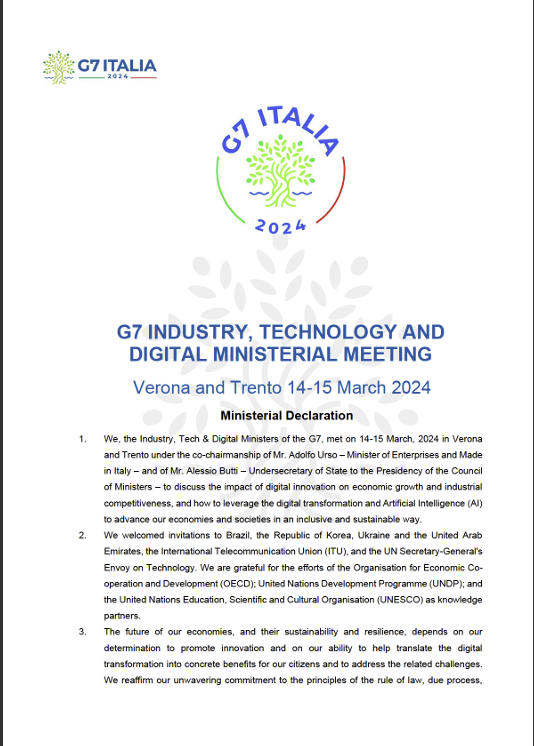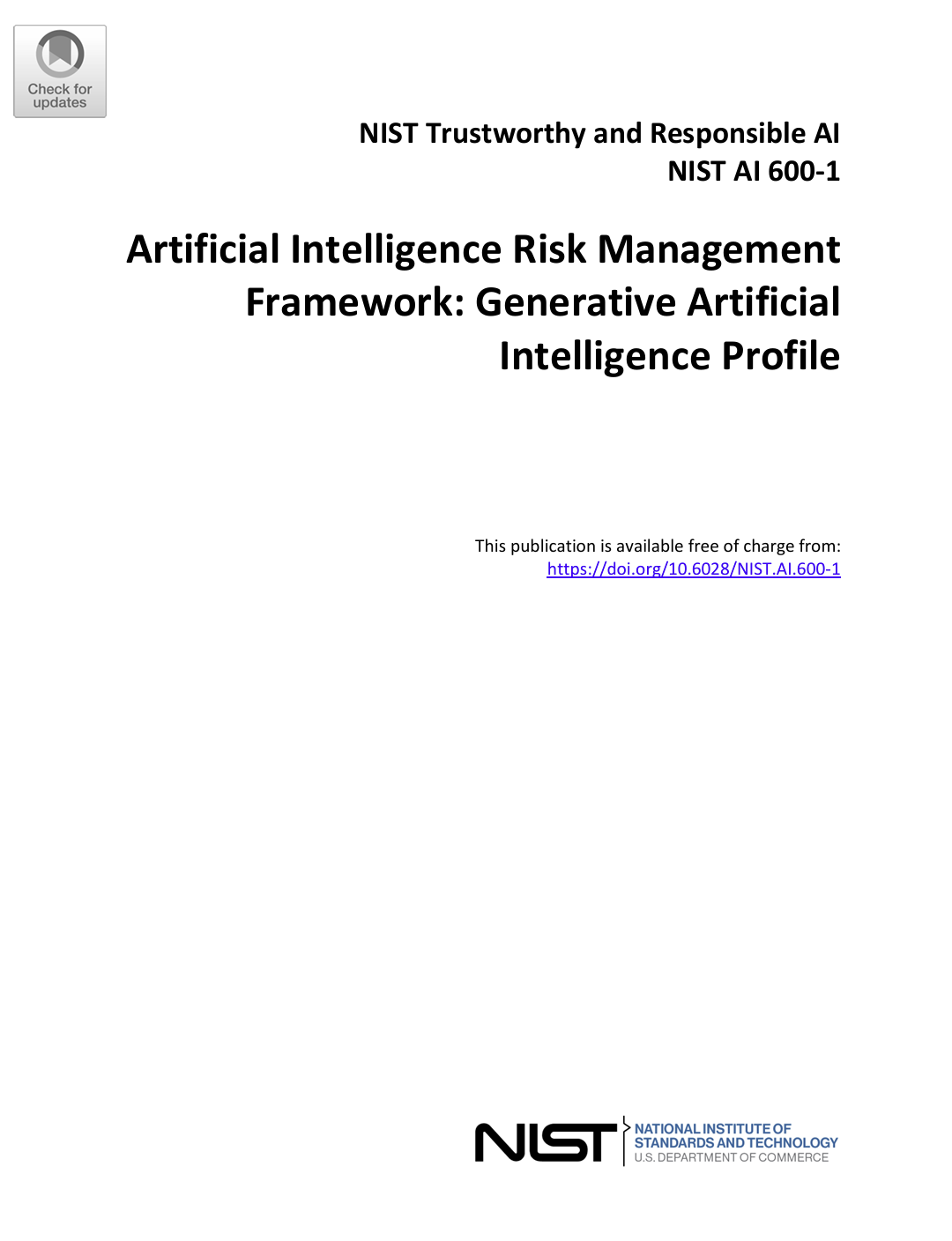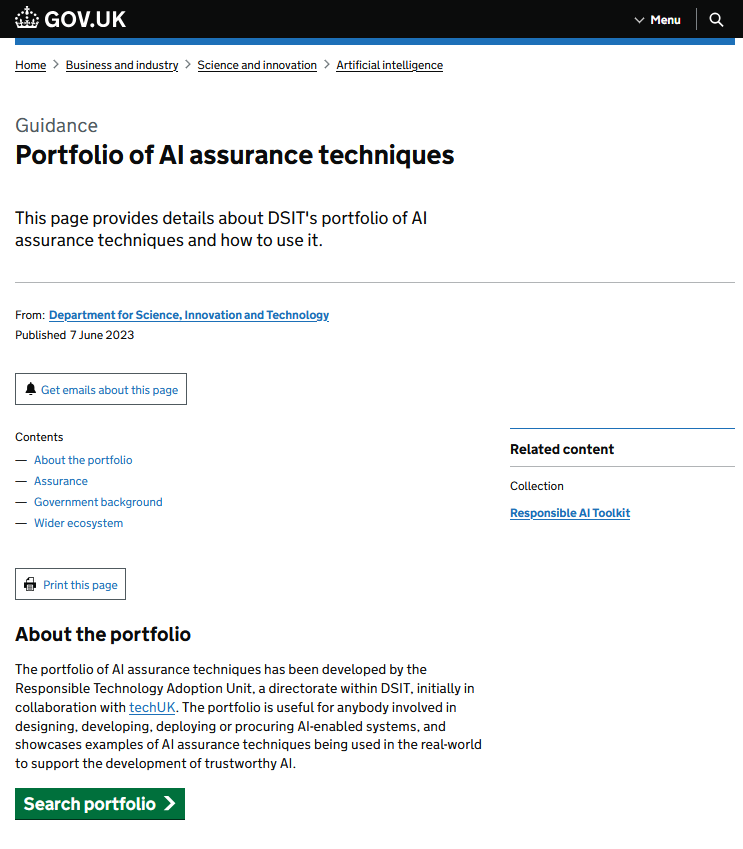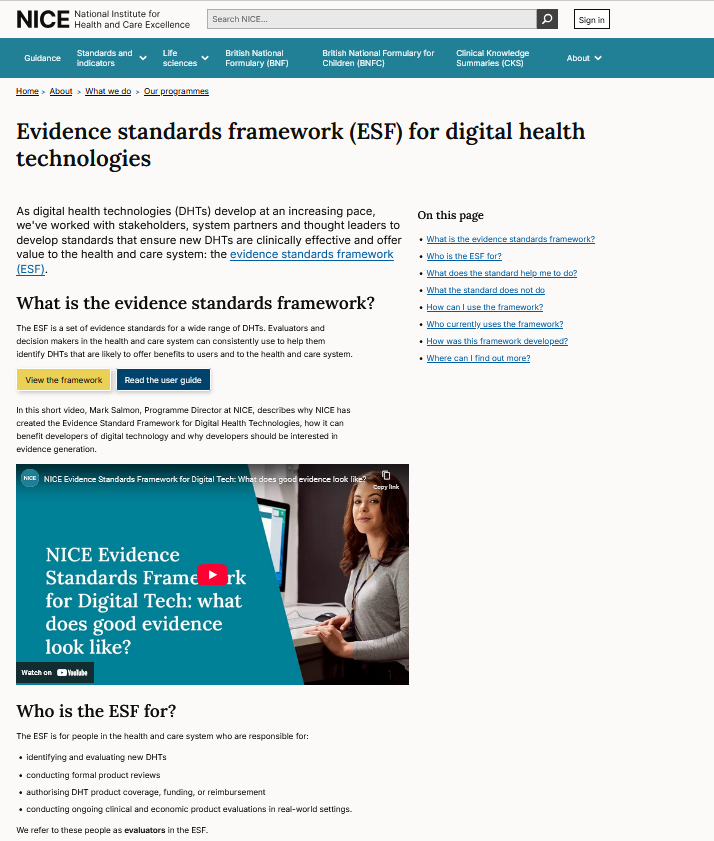IA Responsable
L’intelligence artificielle (IA) responsable fait référence à la conception, au développement, au déploiement et à l’utilisation éthique et responsable des systèmes d’IA.
Elle met l’accent sur des valeurs telles que la transparence, l’équité, la responsabilité et le respect des droits humains, en s’assurant que les technologies d’IA soient développées et utilisées de manière à promouvoir le bien-être, l’équité et l’intérêt public, tout en minimisant les risques potentiels. [1].
Selon l’Organisation mondiale de la santé (OMS, 2021), six principes éthiques fondamentaux doivent guider le développement de l’IA en santé: [2]
Principes
|
1 Protéger l’autonomie humaine Préserver l’agence humaine et la capacité des professionnels de santé à prendre des décisions cliniques, notamment dans des contextes sensibles. |
2 Promouvoir le bien-être humain, la sécurité et l’intérêt public Garantir que les technologies d’IA améliorent les résultats pour les patients sans compromettre leur sécurité. |
3 Assurer la transparence, l’explicabilité et l’intelligibilité Rendre les systèmes d’IA compréhensibles et interprétables par les utilisateurs finaux et les parties prenantes. |
|
4 Favoriser la responsabilité et la redevabilité Définir clairement qui est responsable de la performance et des résultats des systèmes d’IA. |
5 Assurer l’inclusivité et l’équité Concevoir des systèmes d’IA qui réduisent, plutôt qu’accentuent, les inégalités de santé entre les populations. |
6 Promouvoir une IA adaptative et durable Développer des systèmes capables de s’adapter dans le temps et qui prennent en compte l’impact environnemental. |
Ces principes forment une base éthique solide pour guider l’innovation en IA dans le secteur de la santé, en veillant à ce qu’elle soit équitable, fiable et efficace.
Le rapport de l’OMS (2021) identifie également dix défis éthiques majeurs à relever pour garantir une application responsable de l’IA en santé: [2]
- Évaluer dans quels contextes cliniques l’IA devrait (ou ne devrait pas) être utilisée.
- Combler la fracture numérique pour garantir un accès équitable aux technologies d’IA.
- Assurer une gestion éthique des données (collecte, propriété, utilisation).
- Clarifier les responsabilités dans la prise de décision.
- Gérer les implications des décisions autonomes prises par l’IA.
- Identifier et atténuer les biais et les discriminations dans les algorithmes.
- Se prémunir contre les risques en cybersécurité et sécurité.
- Préparer les conséquences sur l’emploi dans le secteur de la santé.
- Équilibrer les intérêts commerciaux et les objectifs de santé publique.
- Évaluer l’impact environnemental de l’IA, notamment en lien avec le changement climatique.
Ces enjeux nécessitent des cadres de gouvernance robustes, la participation inclusive des parties prenantes et une anticipation éthique afin de maximiser les bénéfices de l’IA, en particulier pour les populations les plus vulnérables.
References
- Lyons JB, Hobbs K, Rogers S, Clouse SH. Responsible (use of) AI. Front Neuroergon. 2023 Nov 20;4:1201777. doi: 10.3389/fnrgo.2023.1201777. PMID: 38234494; PMCID: PMC10790885.
- World Health Organization. Ethics and governance of artificial intelligence for health: WHO guidance. Geneva: World Health Organization; 2021. https://www.who.int/publications/i/item/9789240029200
Ressources
PUBMED | Recherche récente sur l’ia
(("Artificial Intelligence"[Title/Abstract] OR "Machine Learning"[Title/Abstract] OR "Deep Learning"[Title/Abstract] OR "Natural Language Processing"[Title/Abstract]) AND ("Clinical care"[Title/Abstract] OR "clinical decision"[Title/Abstract] OR "Health"[Title/Abstract] OR "Healthcare"[Title/Abstract])) AND ("Health equit*"[Title/Abstract] OR "health disparit*"[Title/Abstract] OR "health inequalit*"[Title/Abstract] OR "ethic*"[Title/Abstract])
Ateliers et webinaires
À venir
Bibliothèque de ressources partenaires
- HealthAI Resource Library: Resource Library: Papers, Briefs, Reports, and more — Health AI
- Bibliothèque de publications de l’OCDE: Health Publications - OECD.AI

